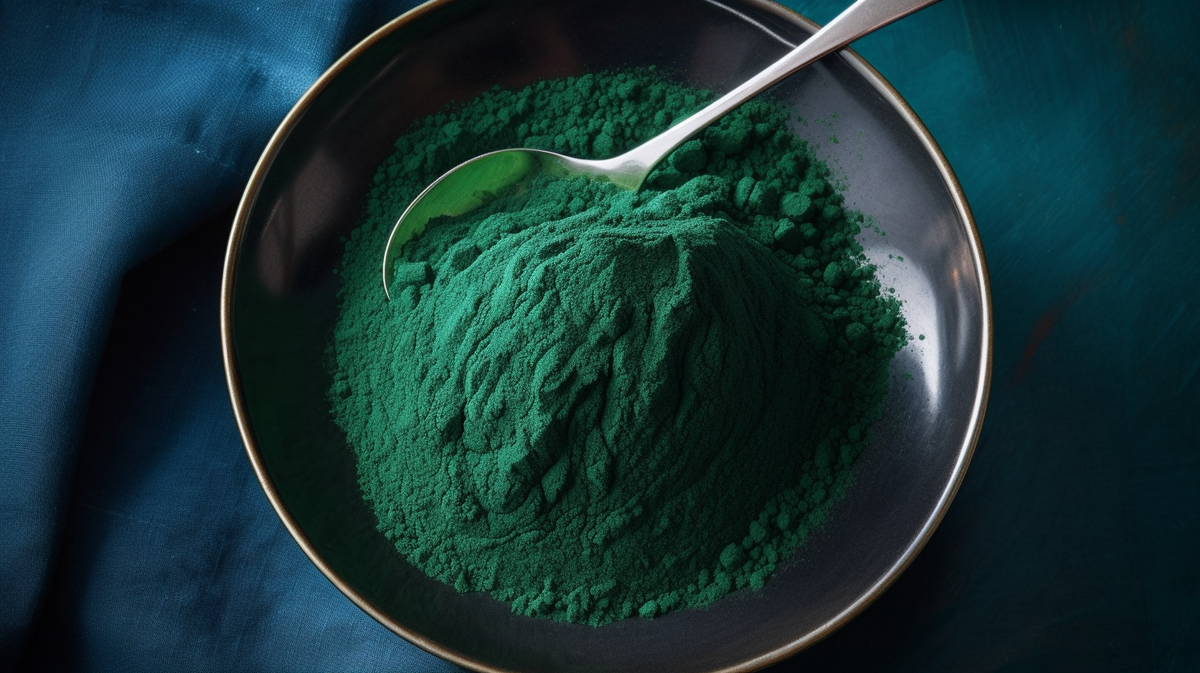Spirulina
- Seaweed & Algae
Spirulina, a beautiful, spiral-shaped nutrient-rich blue-green algae, offers potential health benefits. It's a good source of protein, vitamins, minerals, and antioxidants. Spirulina has been studied for its lipid-lowering effects, reducing cholesterol and triglyceride levels while increasing "good" HDL cholesterol. It may help regulate blood sugar levels and support immune function.
Spirulina has been consumed for centuries, used by the Aztecs and the Kanem Empire. It belongs to spiral-shaped blue-green algae called cyanobacteria. Its vibrant green-blue color comes from chlorophyll, a pigment involved in photosynthesis. Spirulina is highly protein-rich, with about 60-70% protein content. It has been considered by NASA as a potential food source for astronauts due to its nutrient density and ease of cultivation.
References:
Parikh, Panam, Uliyar Mani, and Uma Iyer. "Role of Spirulina in the Control of Glycemia and Lipidemia in Type 2 Diabetes Mellitus." Journal of Medical Food, vol. 4, no. 4, Winter 2001, pp. 193-199. doi:10.1089/10966200152744463
Ngo-Matip, Marthe-Elise, et al. "Impact of Daily Supplementation of Spirulina platensis on the Immune System of Naïve HIV-1 Patients in Cameroon: A 12-Months Single Blind, Randomized, Multicenter Trial." Nutrition Journal, vol. 14, 21 July 2015, article 70. doi:10.1186/s12937-015-0058-4.
Hatami, Elaheh, et al. "The Effect of Spirulina on Type 2 Diabetes: A Systematic Review and Meta-Analysis." Journal of Diabetes and Metabolic Disorders, vol. 20, no. 1, 2 Mar. 2021, pp. 883-892. doi:10.1007/s40200-021-00760-z.
